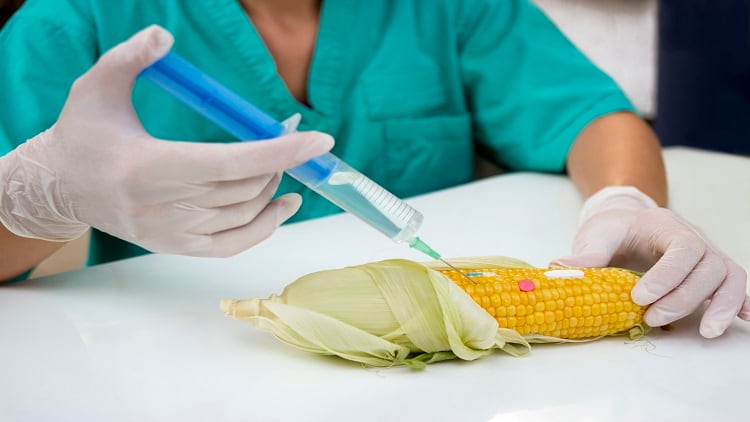Under India’s regulations, no GM foods could be manufactured, distributed, imported or sold in India unless permitted.
Out of 65 products tested, 21 were found to be GM-positive via the quantitative polymerase chain reaction technology. These GM-positive products included cooking oil, packaged food and infant food.
Three products even made false claims of being GM-free. They are ‘Candrop’ Canola oil from Canada, ‘Mori-nu silken tofu’ from the US, and ‘PromPlus sweet whole kernel corn’ from Thailand.
Thirteen other products did not explicitly state the use of GM ingredients, including Canola oil brands Farrell and Hudson from UAE, Jivo from Canada and Ankur, Ginni, Tirupati and Vimal, which are all local cottonseed oil brands, said officials.
Infant products were also on the list of illegally sold GM foods. They were Similac Alimentum, a hypoallergenic infant formula, and Similac Isomil, a soy infant formula that was also tested positive for GM. CSE said that neither of the products had stated the use of GM ingredients on their labels.
Commenting on the results, Sunita Narain, director general at CSE said: “Our government says it has not allowed the import of GM food products. Then how is this happening? We have found that laws are not the problem – the regulatory agencies are.”
As seen from the brands mentioned, most of the GM-positive products were imported – as much as 80%, according to CSE’s findings.
The exporting countries included Canada, the Netherlands, Thailand, the UAE, and the US.
CSE accused FSSAI of negligence
The prevalence of GM foods was due to FSSAI’s negligence, CSE said.
“We had been hearing about the presence of illegal GM food in India, and decided to do a reality check by testing processed foods,” Chandra Bhushan, deputy director general at CSE said.
“We were shocked to know the scale in which GM foods have penetrated the Indian market. The regulatory authorities are to blame here – the FSSAI has not allowed any GM food on paper, but has failed to curb its illegal sales,” he added.
In response, FSSAI said in a statement that it had already started the drafting of GM foods regulations.
For instance, it would lay down procedures for “safety assessment and approval of foods including imported foods, derived from genetic modification processes based on the internationally well established and accepted scientific principles, procedures and best practices before being approved for food purposes.”
After approved by its scientific panel, scientific committee and the authority, the draft would be notified in the Gazette, and later finalised with the government’s permission.
On the issue of GM foods, it added that it had framed the drafting of Food Safety and Standards (Labelling and Display) regulations, which also included the labelling requirements of GM foods.
When to label food as GM?
FSSAI’s suggestions for labelling GM foods has also drawn flak from CSE for being “very relaxed.”
“The FSSAI notification says that any food that has 5% or more GM ingredients shall be labelled, provided this GM ingredient constitutes the top three ingredients in terms of percentage in the product. The exemption limit of 5% is very relaxed compared to other countries such as the EU, Australia, and Brazil, which have limits at or below 1%,” Amit Khurana, programme director, food safety and toxins at CSE said.
He added that it would be “very difficult” for the government to quantify GM content in all foods as GM tests are costly and cumbersome, which is a potential regulatory loophole.
“This means that the regulatory agency is asking companies to ‘self-declare’ and say that they are within the 5% limit and therefore, need not carry the label of GM,” he explained.
In response, FSSAI said its proposed labelling of GM food “falls within the range of internationally followed threshold level," making reference to Japan, Canada, Thailand, and Indonesia, which required food to be labelled as GM when GM ingredients cross the threshold value of 5% by weight.


